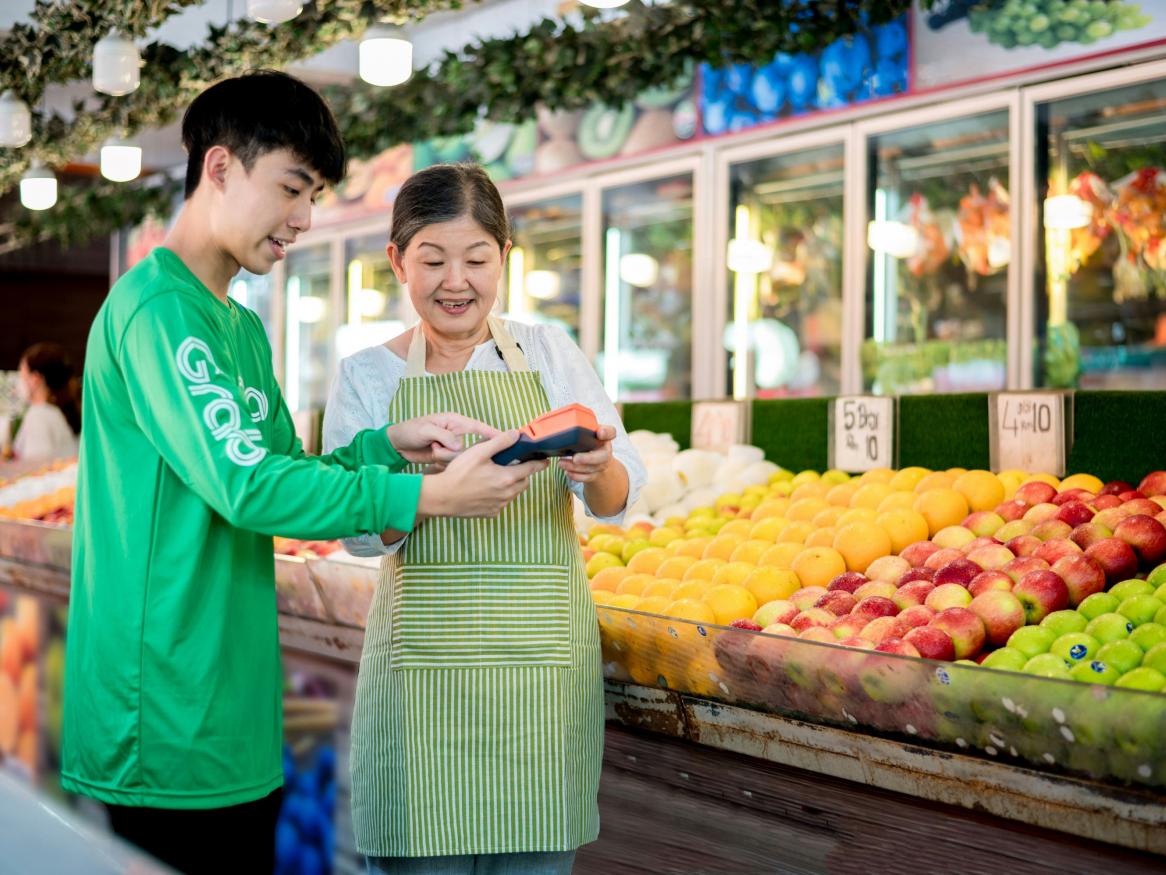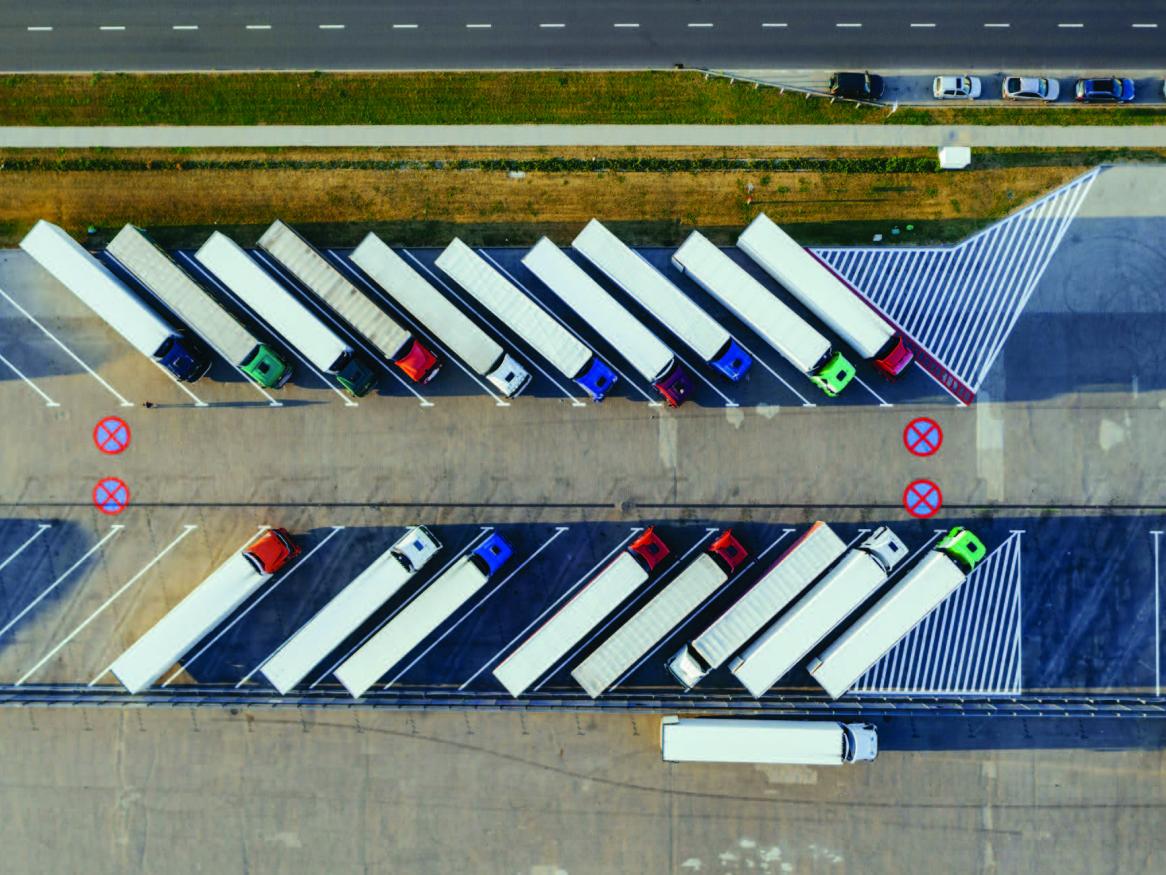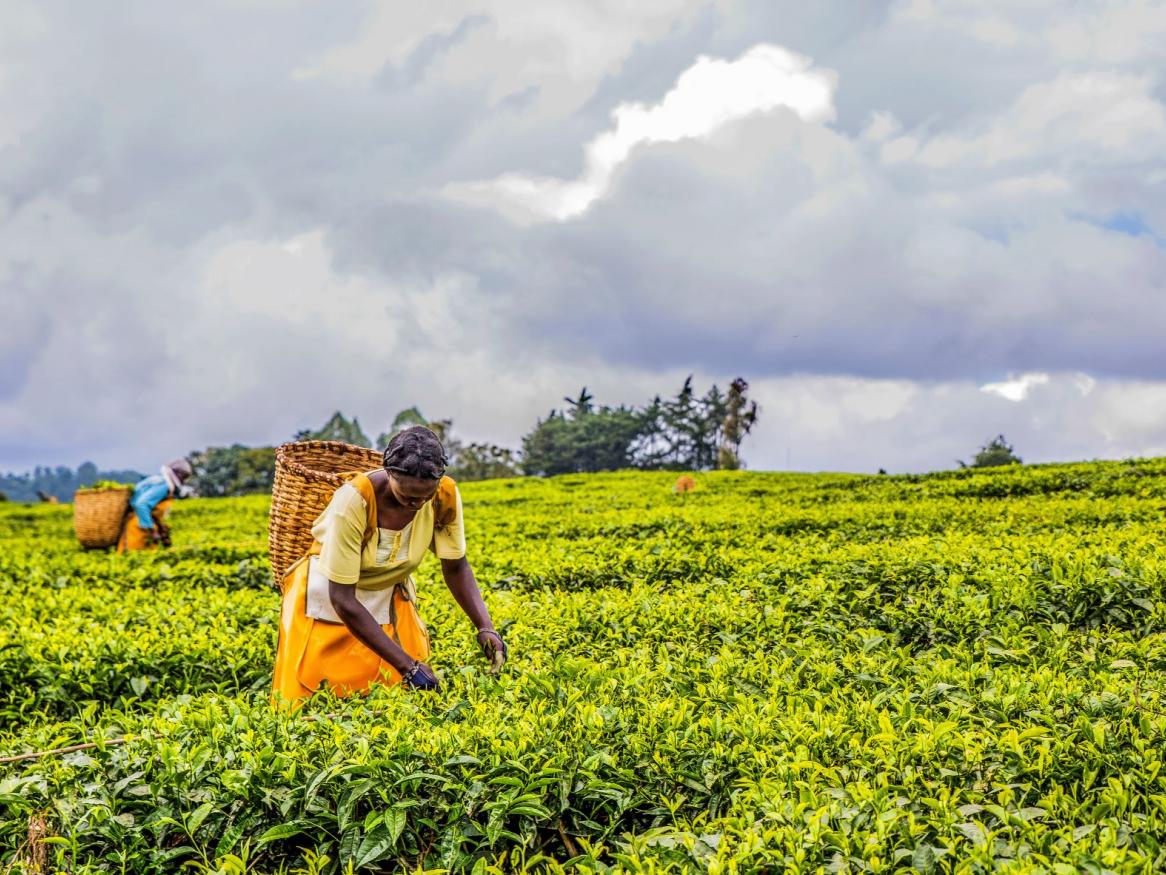News: Working Papers
Mapping networks of export credit for fossil and clean energy infrastructure

WORKING PAPER 16: Official Export Credit Agencies (ECAs) are pivotal in the global energy sector, investing billions annually in fossil fuel projects. They could significantly boost the energy transition by reducing risks in large projects and supporting climate finance goals. Our working paper analyzes ECA financing in Asia-Pacific, highlighting integrated fossil fuel lending across diverse nations without clear geopolitical divides, unlike the fragmented clean energy network dominated by a "China vs. the rest" pattern. To enhance ECAs' climate contributions, the study suggests ending fossil fuel financing, easing clean energy project requirements, increasing renewable energy funding, and expanding ECAs' roles via blended finance. The IEA stresses ECAs are crucial for achieving net zero by 2050.
[Read more about Mapping networks of export credit for fossil and clean energy infrastructure]
The Value of Cross-border Digital Transmissions to MSMEs in Indonesia: Implications for Participation in the WTO E-commerce Moratorium

WORKING PAPER 15: Cross-border digital transmissions are crucial components of the global trading system. Currently, WTO members do not impose custom duties on inward flows, in-keeping with the WTO’s temporary moratorium. However, it is likely this moratorium will expire, and key members may move to impose taxes in the future. As our latest Working Paper attests, in Indonesia’s case this would amount to significant self-harm.
Carbon Border Tax: How the CBAM could hold great potential for Australian Business

WORKING PAPER 14: Soon the Australian government’s Carbon Leakage review will recommend whether the country should adopt a border carbon tax, or not. In our latest Working Paper Dr Susan Stone sets out her reasoning for why we should.
[Read more about Carbon Border Tax: How the CBAM could hold great potential for Australian Business]
Standing up to Chinese economic coercion: Is Australia a model of economic resilience?

WORKING PAPER 13
Contrary to some prior research findings, the economic costs to Australia of China’s economic coercion are high. Unfortunately, while the bilateral mood music is improving resetting relations may not be possible, nor likely, as both countries pursue economic diversification from the other. Yet there is much to be gained from a calibrated shift in trade and investment relations, notwithstanding the hostile geopolitical environment. Australia needs to establish a 10-15 years strategy for where it wants the relationship to be, and like every other country in the region, negotiate its differences with China.
Measuring diversification in Australian Goods Exports, 2001-2021: Policy and Technical Considerations

WORKING PAPER 12
China’s blocking of sales of Australian commodities has led to increased interest in diversification of Australia’s exports, to lessen dependence on the Chinese market. Australia’s export diversifications was increasing in the second half of the 21st century, with the Australian government seeking new markets in the emerging economies. However, export concentration, both geographically and in products and commodities, has increased since the start of this century. This paper measures the geographical export concentration and the product concentration of Australian exports to China and the World over the previous 20 years, and the policy implications.
The future of EU trade policy and strategies in a militarised environment

WORKING PAPER 11
China’s economic rise has transformed the international trade system. Furthermore, given its divergent economic model China is challenging the global economic order in ways that previous Asian competitors never did. In response to systemic rivalry and an increasingly tense international environment, the EU seeks to build more “strategic autonomy” from the United States, its main security benefactor. Economically, the EU policy of Open Strategic Autonomy seeks to maintain openness to trade, while developing tools for dealing with coercive and unfair trade practices. This paper identifies the key elements of this policy, as well as the risks it holds for European economic liberalism.
[Read more about The future of EU trade policy and strategies in a militarised environment]
Desktop analysis of agricultural subsidies and environmental impacts

WORKING PAPER 10
There is broad agreement that much of the government support provided to agriculture today is environmentally harmful. This report explores the impacts of production and trade-distorting domestic support in agriculture on climate (i.e., greenhouse gas emissions) and the environment (i.e., water, biodiversity, and land degradation). Global reform is needed, however agriculture is a highly sensitive sector, one that is crucial for national food security. Gaining momentum for policy change can be difficult. Successful policy reform requires coalition building. A sustained evidence-based networking initiative that incorporates active public engagement and global coalition building should be developed on a priority basis.
[Read more about Desktop analysis of agricultural subsidies and environmental impacts]
Improving border adjustment mechanisms

WORKING PAPER 09
Despite several attempts and significant progress, broad agreement on the most appropriate way to manage conflicts between international trade and environmental issues has yet to emerge. Consequently, this paper begins with a search for a set of principles to guide the use of border adjustment mechanisms to ameliorate global environmental problems or, as economists call them, global externalities.
Ten principles are developed, and then applied to the European Union's current CBAM design, and recommendations for improving that design are put forward. As this CBAM is rooted in the EU's Emissions Trading System, broad recommendations for aligning the ETS with the principles are also offered.
How China challenges the liberal trade order: Coercion, contestation and the socialist market economy.

WORIKING PAPER 08
The original China ‘engagement strategy’ was grounded in the assumption that WTO membership would turn China into a liberal market economy. Today the engagement strategy is acknowledged as having failed by China’s largest trading partners, who increasingly view Beijing as a systemic rival. Yet, much international economics still views the engagement strategy as a viable approach for driving liberal reforms within China, indicating a growing gap between political thinking and international economics. This paper addresses that gap, arguing there are theoretical and empirical grounds that support viewing China as a rival economic system that will increasingly challenge core aspects of the existing liberal trade order.
Strengthening African Agricultural Trade: The Case For Domestic Support Entitlement Reforms

WORKING PAPER 07
Reform of domestic agriculture support in the form of financial subsidies has long been a vexed issue. One relatively promising area for reform is to address WTO members’ entitlements to deploy domestic support, rather than aiming to cut actual expenditures per se. Specifically, reducing entitlements would diminish members’ rights to increase domestic support payments in future. Such reductions are best targeted at those subsidies that distort trading partners’ production and trade incentives, rather than at subsidies generally regarded as either relatively benign, or minimally distorting to support domestic farmers and the agricultural economy.
This work is licensed under Commons Attribution-NonCommercial-NoDerivatives 4.0 International License.
IIT is a global leader in researching, analysing and commenting on International Trade.
Stay informed about our up-and-coming seminars, events, publications, awards, new projects and collaborations, and other exciting news.
